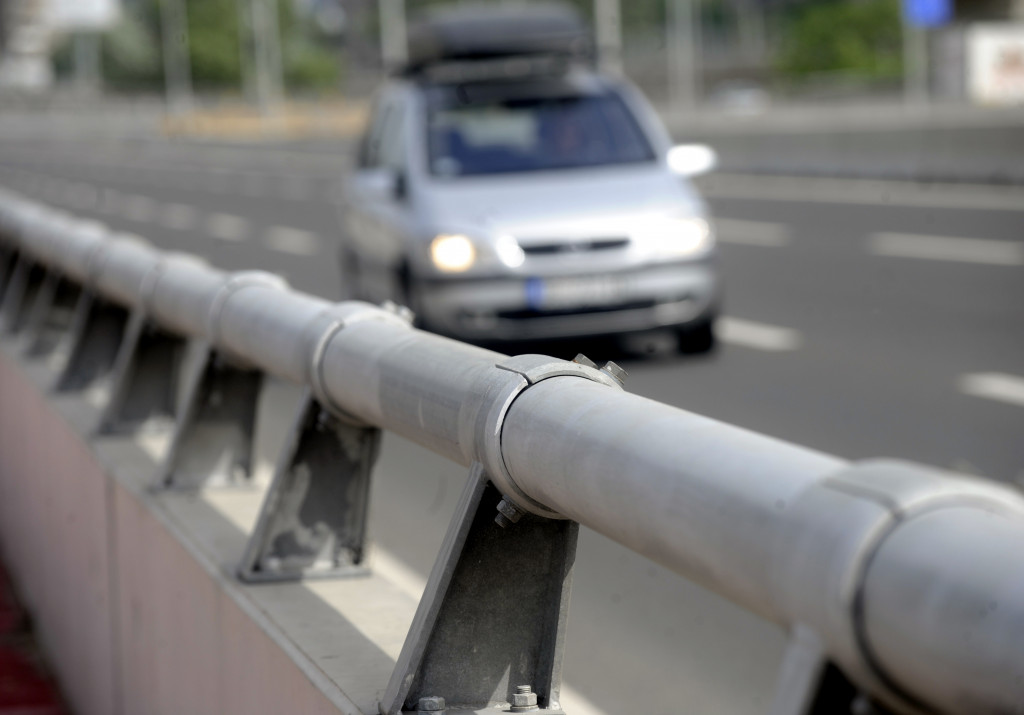Aside from planning your outfit, food trips, and other vacation activities for that much-awaited long-distance trip, make sure to take safety precautions beforehand to avoid any misfortune on the road. Everyone wants to enjoy and make the most out of the experience, so it’s essential to make these necessary preparations for you to travel with peace of mind:
Make a Plan
One of the best safety precautions you can take is to plan. Start by choosing the route you’ll take and make sure you have several alternatives in case you encounter problems in your main route. Look for stopping points like lodging or gas stations so you can plan when to take a break during the trip.
Bring your license, other proof of identity, and auto insurance documents to make sure you’re prepared in case of an accident or if you need roadside assistance. Don’t forget to pack up an emergency kit, entertainment, and food for everyone.
Check Your Car Before You Go
Make sure your vehicle is in good condition to avoid any mechanical failure during the long drive. Take your car to a repair shop about one week before your trip to make necessary repairs. Before heading out, check the following to ensure a safe and worry-free drive:
- Battery: Make sure it’s tightly connected and corrosion-free. If the corrosive acid leaks, remove the battery and clean the connectors thoroughly. If there are other issues that you’re not familiar with, it’s best to take the car to a professional.
- Lights and Electronic Equipment: Replace any faulty exterior and interior lights and ensure the windshield wipers, air conditioning system, and horn are working properly.
- Tires: Tires can affect fuel economy, so make sure they are properly inflated. Check tire pressure and tread, including your spare tire. If there is uneven wear, it’s time for a tire alignment or rotation before you depart.
- Brakes: If your brakes make odd noises, have them checked, as this can mean you have worn-out brake pads. If the brake pedal feels spongy, the brake fluid level may be low.
Bring an Emergency Kit 
It’s always better to be prepared for any emergencies, especially outdoors. A well-stocked emergency kit should be one of the first things you pack to treat minor conditions like scrapes and wounds. It should include the following necessities:
- Bandages: Some common forms of minor injuries are cuts or graze, so it’s crucial to have bandages or plasters of different sizes. If you’re going to do a lot of walking during your travel, you can also pack some blister plasters and ointments.
- Pain Relief Medication: Bring a few pieces of paracetamol and ibuprofen in case anyone experiences a headache or any minor pains.
- Antiseptic Wipes: These are good for cleaning your hands when you don’t have access to clean water. You can also use them to clean wounds before applying a dressing.
- Flashlight: This can help you during emergencies, and it’s much safer than an exposed candle. Make sure to also bring extra batteries.
- Antihistamine Creams: In case you get bumps or rashes due to insects or certain plants, this can help ease the swelling and itching.
Take Regular Breaks
Taking breaks during long-distance road trips will not only keep your energy up and stay alert, but it also makes the trip more enjoyable. It’s essential to keep your focus on the road, but take the time to stop and enjoy the scenery to make the journey even more memorable.
It can also help ease fatigue, especially when night driving. If you’re too exhausted, it can be harder for you to respond quickly and drive safely.
Get Enough Sleep
Make sure to get at least seven hours of sleep the night before your trip. It can improve your concentration and reaction time so you drive as safely as possible. When you’re too tired and drowsy to drive, you can be more prone to accidents. Here are some tips to stay alert behind the wheel:
- Make sure you’re fresh and alert when you start driving.
- Maintain a good posture, and don’t slouch.
- Take a break every two hours.
- Chew gum to help ease tiredness and prevent yawning.
- Take turns driving with your companion to let you relax and catch some sleep.
- Have someone to talk to or listen to music to keep you entertained.
Long-distance driving is accompanied by various risks on the road. It’s essential to take precautions to enjoy your time with friends and family fully. Proper road trip planning will ensure that you get to your destination comfortably and safely.
